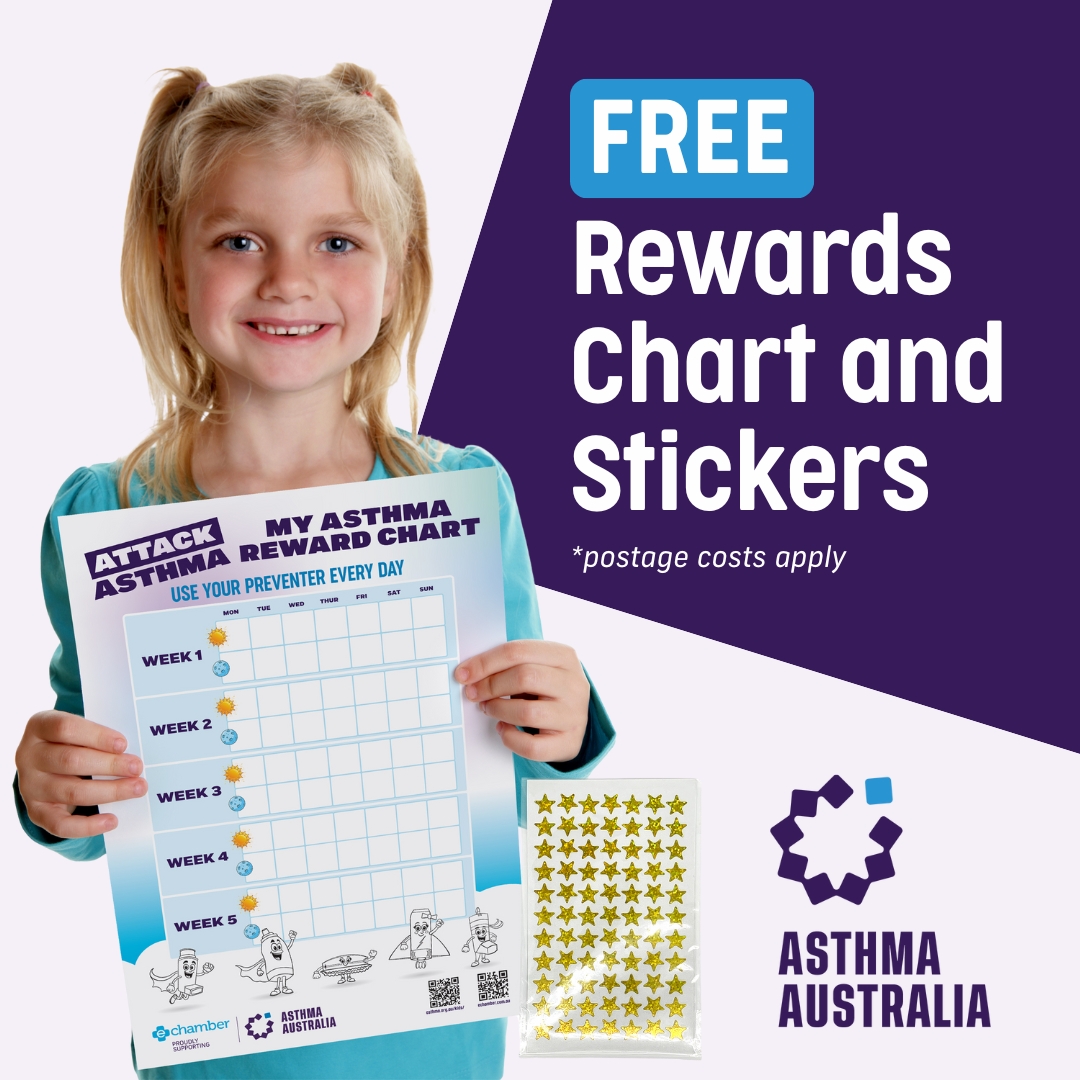Asthma Australia issues mould health hazard warning after floods ravage QLD
With rain finally abating across North QLD, homes are at increased risk of being infested with mould, which can exacerbate asthma and allergies. Asthma Australia is urging people to safely remove mould growth in affected buildings once flooding subsides.
Exposure to mould can reach high levels after a flood. Once water subsides and buildings begin to dry, a group of micro-organisms begin to emerge: mould and fungi. These quickly spread across surfaces and invade buildings. Exposure can lead to a host of well-documented health risks.
Asthma Australia’s Chief Executive Officer, Kate Miranda, said, “Moulds produce millions of airborne spores that can be inhaled. Breathing in mould can irritate a person’s airways or trigger an allergic response. Both types of reactions can lead to an asthma attack. Mould can also cause a range of other health problems if sensitive or allergic to it.
“If a person is sensitive to mould, they might get a stuffy nose, itchy eyes, wheezing, have trouble breathing or experience skin irritation. For people who are immunocompromised or have respiratory diseases, certain moulds can cause more serious health effects, including fevers and issues with breathing,” Ms Miranda said.
When returning to a flood-affected house or building, there are a number of things people can do to minimise being affected by mould growth:
- Prioritise safety. People with a breathing problem like asthma should stay away from mouldy sites. If possible, ask someone who doesn’t have asthma to clean mould or seek assistance from an experienced and qualified professional.
- If it is possible for a person to clean up, open all doors and windows to help dry the home as quickly as possible. Turn on de-humidifiers, fans and switch air conditioners not affected by flooding into dry mode.
- Throw out larger items that have become saturated like beds and rugs.
- Clean and disinfect all surfaces inside the house.
- Wear waterproof footwear, rubber gloves, a shower cap, safety goggles and a disposable N95/P2 face mask (Surgical and fabric masks do not protect against spores and bacteria).
- Clean hard surfaces with soapy water and household detergent or white vinegar (mixed 80 per cent vinegar to 20 per cent water). This includes glassware, plastics and tiles.
- Some porous materials may be able to be cleaned in the same way, but most may need replacing. This could include ceiling tiles, plasterboard and carpet.
- Use a microfibre cloth and be sure to scrub well. DO NOT use a dry brush as this could release spores into the air.
- Wash fabric items (such as stuffed toys, clothes and linen) in a hot washing machine cycle.
- Be cautious about using bleach, as it may not prevent mould re-growth. Bleach can form dangerous fumes when mixed with other cleaning products.
Climate Change is increasing the risk of heavy rainfall and flooding events that lead to mould and Asthma Australia supports action across all sectors to reduce greenhouse gas emissions.
Further risk for indoor mould includes socioeconomic factors. These include low-quality rental accommodation and housing issues related to older homes as well as mould-related building issues in newer homes.
Asthma Australia’s 2022 Homes, Health and Asthma in Australia survey found 50 per cent of respondents had experienced mould or dampness in their home in the last 12 months.
In its Queensland Pre-Budget Submission 2024-25, Asthma Australia called on the Queensland Government to ensure new homes are healthy and resilient to climate hazards and extreme weather events.
People with questions about their asthma can also call our 1800 ASTHMA (1800 278 462) support service between 9am – 5pm Monday – Friday AEST to speak with an Asthma Educator for free.
For more information on mould and asthma, head to Asthma Australia’s website:
Mould factsheet: download here
Flooding and mould webpage: download here
ENDS
For more information contact:
- Trinity Frederick 0413 99 22 82
- Rachel Dover, 0481 578 316





 1800 278 462
1800 278 462



